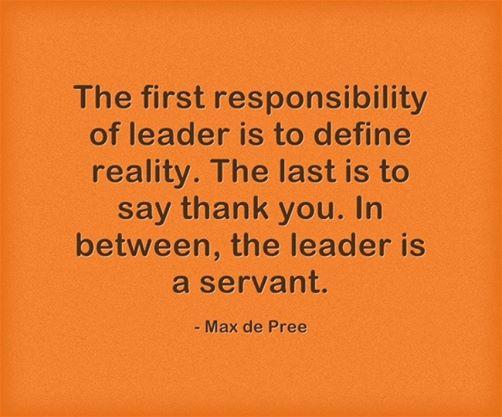There are three key areas you can focus on to keep their ego in check, increase their “believability” with others, and build trust.
- Honesty — The basics apply here: don’t lie, cheat, or steal. But being honest also means not stretching the truth, telling half-truths, omitting facts out of convenience, or failing to speak the truth when needed.
- Values — Do you know what your core values are? What motivates you ? When faced with a difficult choice, what are the values you use to filter your decision? Developing and articulating your values, and asking others to hold you accountable to living out those behaviors, will help keep your ego in check and allow others to gain confidence in the consistency of your behavior.
- Fair Process — Do you treat people fairly? Egotistical leaders love to play favorites. Trustworthy leaders treat people ethically and equitably. Being fair doesn’t mean treating people the same across the board, no matter the circumstances. It means treating people fairly according to their specific situation and upholding consistent principles and ideals with your entire crew.




.jpg)

